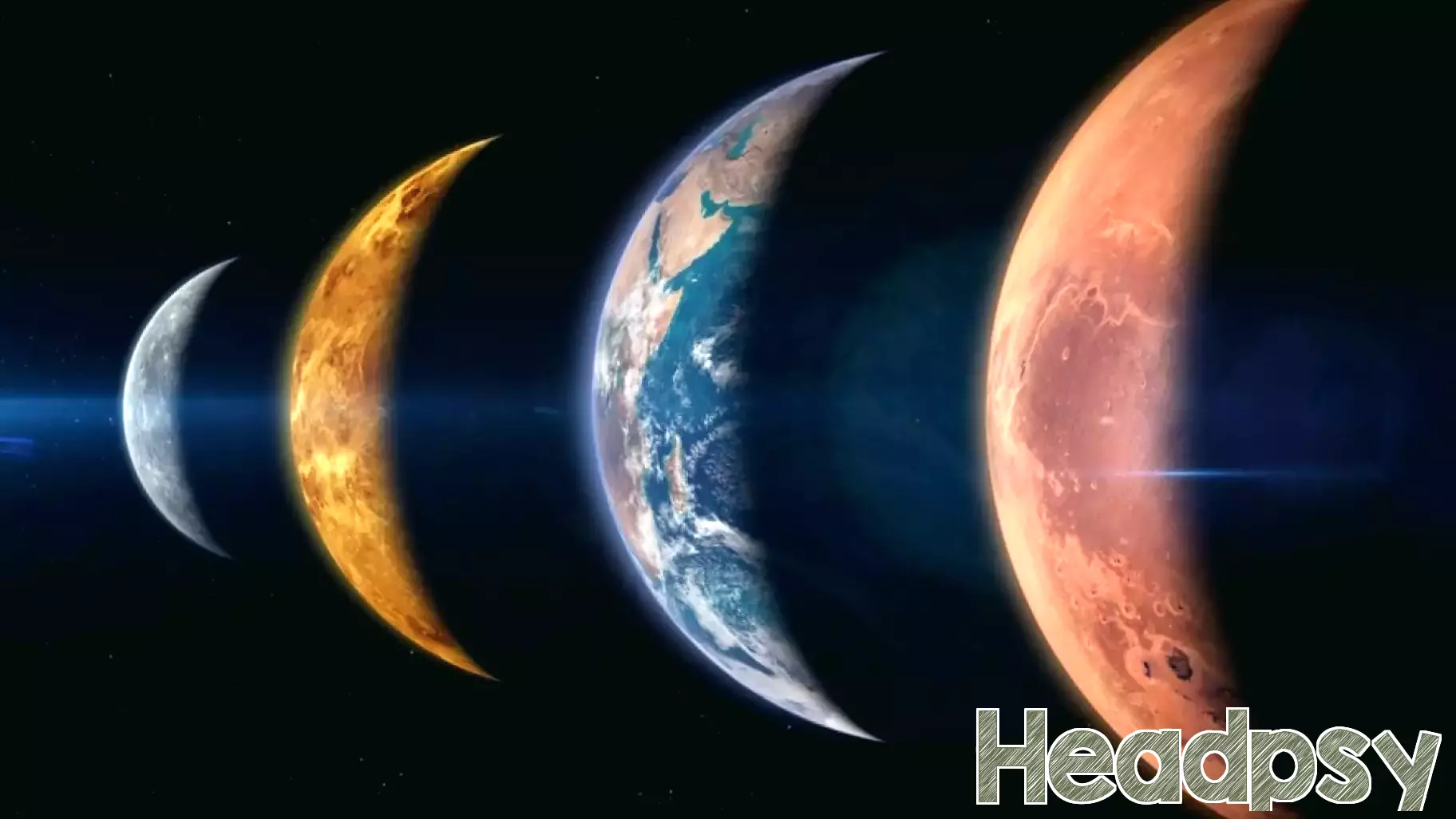March 29, 2025 - 21:59

Scientific advancement is inherently fragile, relying on extensive research initiatives and educational frameworks designed to address the inherent limitations of human perception and cognition. These limitations can lead to biases and errors in understanding complex phenomena, making the pursuit of knowledge a challenging endeavor.
As researchers strive to uncover new truths, they must navigate a landscape filled with uncertainties, requiring significant investment in time, resources, and intellectual effort. The intricate nature of scientific inquiry demands that we cultivate systems that not only enhance our understanding but also compensate for our cognitive biases.
Moreover, the collaborative nature of science further emphasizes its fragility. Diverse perspectives are essential in refining hypotheses and validating findings, yet they can also introduce conflict and debate. This dynamic underscores the importance of fostering an environment where open dialogue and critical thinking are prioritized.
Ultimately, the quest for knowledge is a testament to humanity's resilience, as we continually seek to overcome our cognitive limitations in the pursuit of scientific truth.



